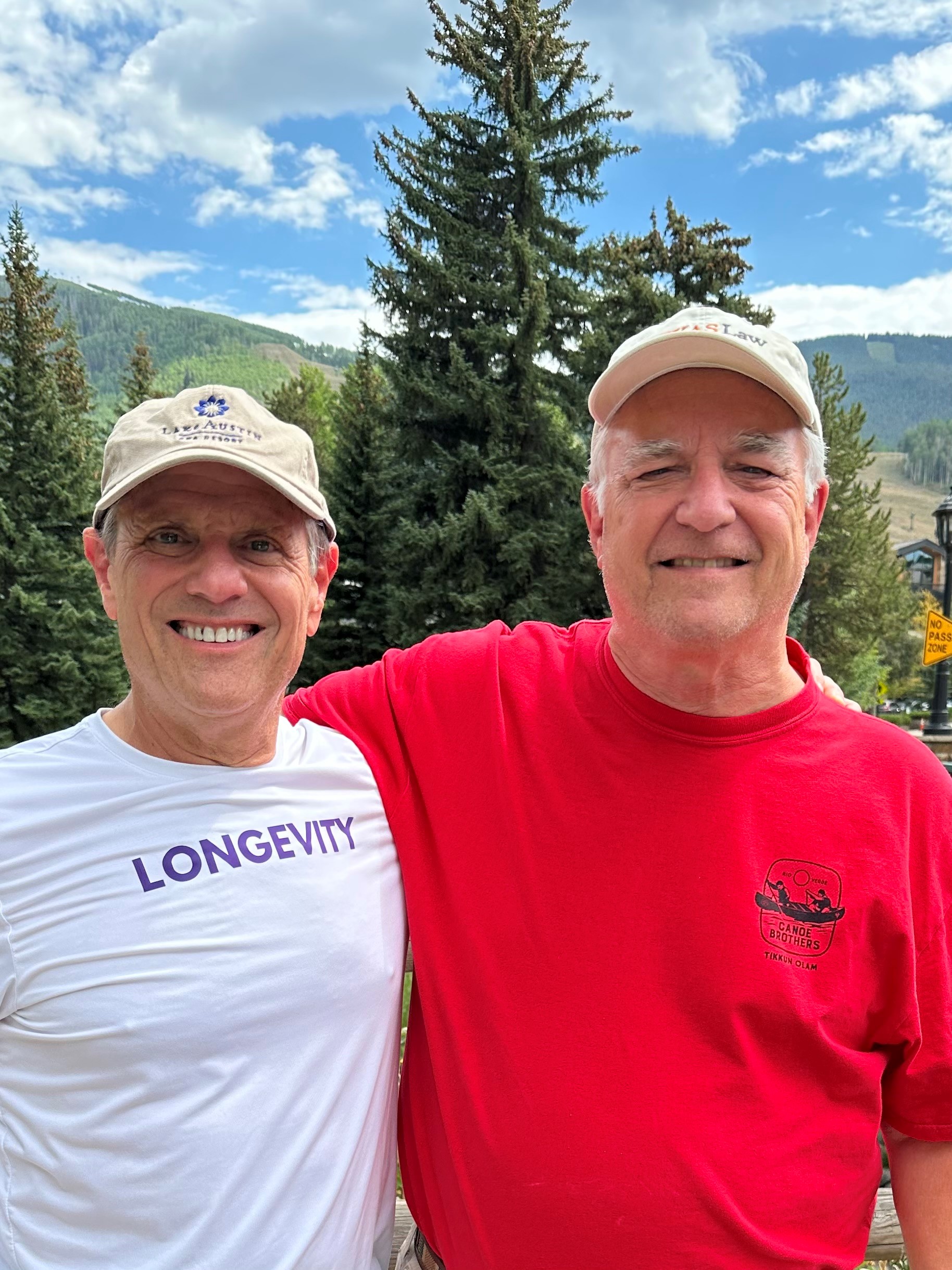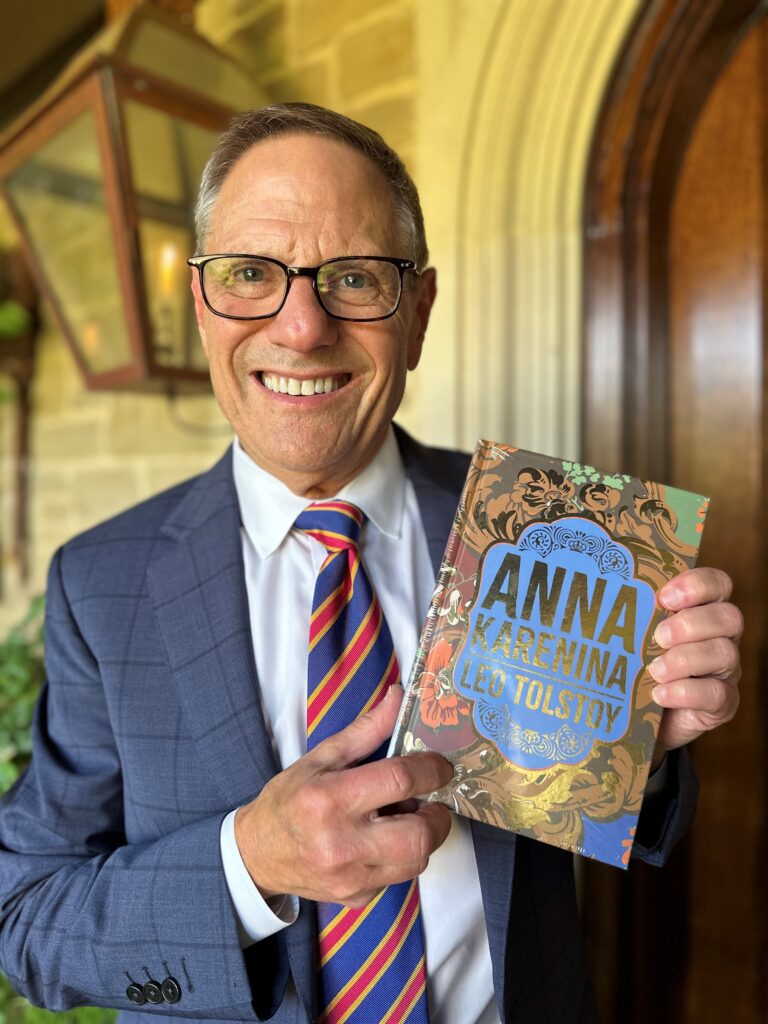My best friend Talmage Boston regularly sends me thought-provoking articles that stretch my mind. A recent one speaks to a question that many have been asking me: “With the advances in artificial intelligence, do you worry that a machine will take over the estate planning profession and put you out of business?” The answer is a resounding “no,” and the article from Talmage helps prove my point.
It’s true that AI will be able to replace many jobs (some predict as many as 300 million jobs). But per the CBS News Sunday Morning show on August 31, 2025, “AI will have a much harder time taking jobs involving empathy and creativity.” As I explain below, The Blum Firm’s version of estate planning isn’t formulaic. Our approach indeed involves empathy and creativity. It requires a person and not a robot to infuse an estate plan with values and meaning.
The article Talmage sent me dives into author Leo Tolstoy’s search for the meaning of life. In the late 1800s, Tolstoy published his two most famous novels, War and Peace and Anna Karenina. At the time, Tolstoy was struggling with feelings of despair. In Anna Karenina, Tolstoy echoed that despair in his co-protagonist, Konstantin Levin. Like many of the day, Levin abandoned religious faith in favor of scientific theory. As with technology today, the belief held by some in Tolstoy’s time was that science could provide all the answers. “Having accepted the scientific worldview in place of religious faith, he turned to it for answers, only to realize it couldn’t address questions of meaning.” (Professor Morson, “The Author and His Protagonists Find that They’d Sought a Theory in the Wrong Place,” Wall Street Journal, August 14, 2025.)
Tolstoy’s “psychological crisis” over whether science could answer spiritual questions resembles the issue of whether AI can replace human estate planning advisors. Tolstoy (through his character Levin) comes to the conclusion that when it comes to matters of the soul and spirit, science falls short. “Levin’s problem is that he assumes, as intellectuals often do, that truth is a matter of theory that one applies to particular circumstances. That is how mathematics works, but questions of meaning and ethics are different.”
After my first three decades as an estate planning lawyer and witnessing some bad inheritance outcomes, it hit me that there is so much more to estate planning than legal structures and tax minimization. I began describing a two-pronged approach to estate planning: head and heart. Both are important. The head side is still critical to the process. I’ll always be a technician and a tax nerd. But the head without the heart leads to Tolstoy’s despair.
The heart side of estate planning has become my passion. We are dealing with real people, not paper. Families are complicated. My goal is to help families succeed. Certainly AI can play a role in the head side, helping craft tax structures and administrative provisions. But, though AI may have a head, it doesn’t have a heart. My mentor James Hughes describes five capitals of wealth. A thoughtful estate plan enhances all five capitals. Interesting to note, only two of the five are matters of the head: financial and intellectual. The other three come from the heart: human, social, and spiritual.
For years, I’ve searched for the right label to call this kind of “head and heart” estate planning. Some call it “qualitative” (as opposed to quantitative) planning. Others describe it as “holistic” estate planning, the “soft” side of estate planning, or “family legacy planning.” More recently, I like the labels “values-based estate planning” and “purpose-driven estate planning.”
Regardless of what you call it, the ultimate goal of estate planning is to fill your life, and the life of your family with meaning. To do that requires taking intentional steps to prepare your heirs to live productive lives. It requires building trusting relationships with those you love. It requires defining your values and leaving an inheritance of not just your valuables but also those values.
A good estate planning team can help you create and pass down a meaningful legacy. A machine can’t do that. A heart-oriented estate planner can help design trusts that incentivize and empower your heirs rather than create entitled trust babies. Science, math, AI, and machines can certainly come in handy, but they will never replace the human heart.
Marvin E. Blum

Marvin Blum (left) with best friend Talmage Boston, ever the source of stimulating thought to help tackle life’s toughest questions (especially when inspired by nature while hiking in Colorado, shown here).

